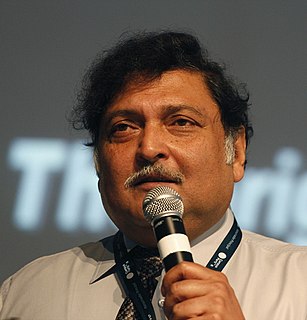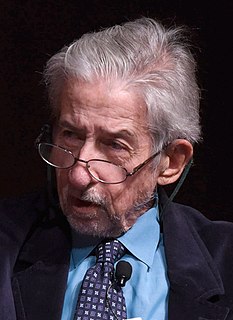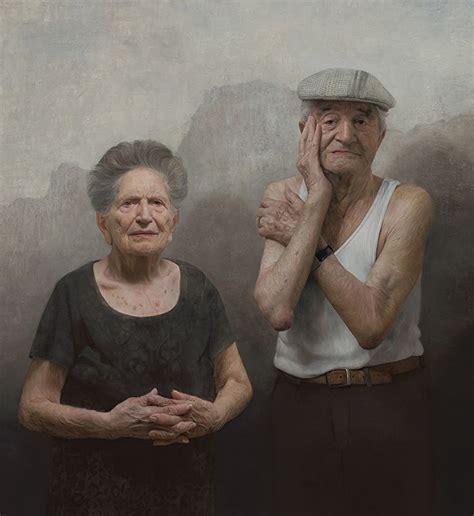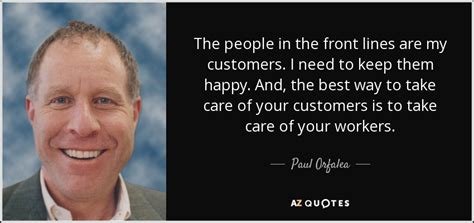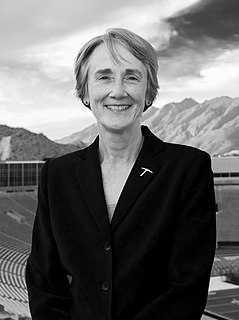A Quote by Sebastian Thrun
Many students learn best by doing. But because classrooms force the same pace on all students, they limit the degree to which students can truly learn through trial and error. Instead, lectures still force many students to follow material passively and in lockstep pace.
Related Quotes
What is wrong with encouraging students to put "how well they're doing" ahead of "what they're doing." An impressive and growing body of research suggests that this emphasis (1) undermines students' interest in learning, (2) makes failure seem overwhelming, (3) leads students to avoid challenging themselves, (4) reduces the quality of learning, and (5) invites students to think about how smart they are instead of how hard they tried.
If the students don't want to learn about evolution, they shouldn't be in the course. A biology course that teaches creationism is not a science course, it's a religion course. So the students demanding that creationism be given credence in that course are out of line and are denying the academic freedom of the professor. They are calling into question the scientific basis of the material that's being presented. And students are not in a position to do that.
Public education for some time has been heavily focused on what curricula we believe will be helpful to students. Life-Enriching Education is based on the premise that the relationship between teachers and students, the relationships of students with one another, and the relationships of students to what they are learning are equally important in preparing students for the future.
Coming up with lectures is a huge amount of work. I was willing to do one lecture for Gresham because I was honored to have been invited, but to create lectures for a class would probably require that I shut down everything else and concentrate on lectures for a couple of years. Then there would be many, many other skills that I'd have to learn, such as how to sit through a faculty meeting, how to deal with students, etc. It is really not in the cards for me. It's not who I am or what I do. I'm a novelist.
Teaching is a huge part of what I do. I love to think about what I do out loud, and the best way to do this is to teach. I usually learn a lot from the students in my workshops, because we work to build the classes around a collaborative environment where everyone is working towards the same goal of learning how to observe and see the subject well, because everyone brings different approaches and experiences with them, the other students and myself learn new methods that we can add into what we do.
When I was teaching at an institution that bent over backward for foreign students, I was asked in class one day: "What is your policy toward foreign students?" My reply was: "To me, all students are the same. I treat them all the same and hold them all to the same standards." The next semester there was an organized boycott of my classes by foreign students. When people get used to preferential treatment, equal treatment seems like discrimination.
Unlike many graduate fellowships, the Rhodes seeks leaders who will 'fight the world's fight.' They must be more than mere bookworms. We are looking for students who wonder, students who are reading widely, students of passion who are driven to make a difference in the lives of those around them and in the broader world.


